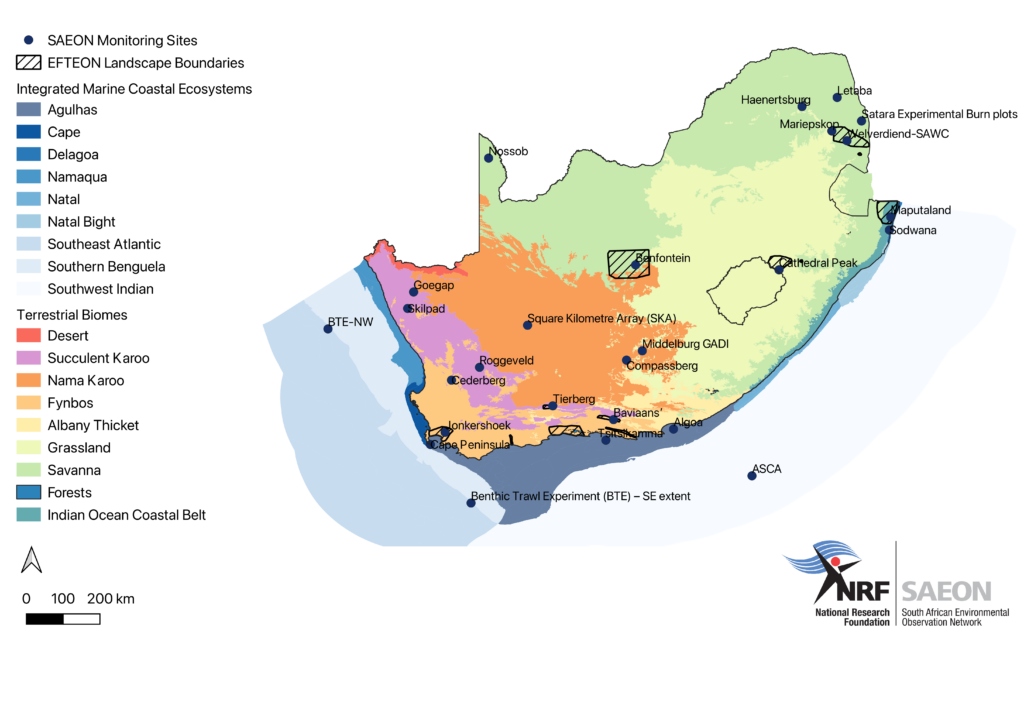About
SAEON was established in 2002, with a grant from the Department of Arts, Culture, Science and Technology (DACST), to create a new research facility within the National Research Foundation (NRF) that would focus on environmental change.
Reflecting on 21 years of NRF-SAEON
SAEON's Vision
World-class environmental research platforms for a sustainable society
“World class” refers to SAEON’s aspiration to facilitate and conduct research of excellent quality
“Environmental” sets the domain of SAEON research – the ecological and physical processes that sustain all life on earth
“Research platforms” are the primary tools SAEON uses to support and conduct world-class research
“A sustainable society” is the ultimate goal of all of SAEON’s activities – creating the knowledge needed for sustainability of the ecosystems on which society depends and in which all life can flourish
SAEON Platforms

SAEON's Operations
Technical Support
Scientific and technical support for researchers
Data & Modelling
Datasets and models relating to environmental change
Data Management
Data portals for public access to environmental data and decision support systems
Research
Long-term research sites, where repeated observations, experimental treatments and related data are permanently maintained.
Instrumentation
Laboratories, in situ instruments, vehicles, boats and other equipment needed for conducting environmental research
Decision-Support
Project-driven design and development of user-facing portals including Atlas’s to support policy and decision making.
Education and Outreach
The environmental science education programme (ESEP) is implemented through inter-actions with SAEON science engagement officers, scientists and technicians. Through these programmes we seek to attract, expose and encourage 14-17 year old students to pursue science careers.
